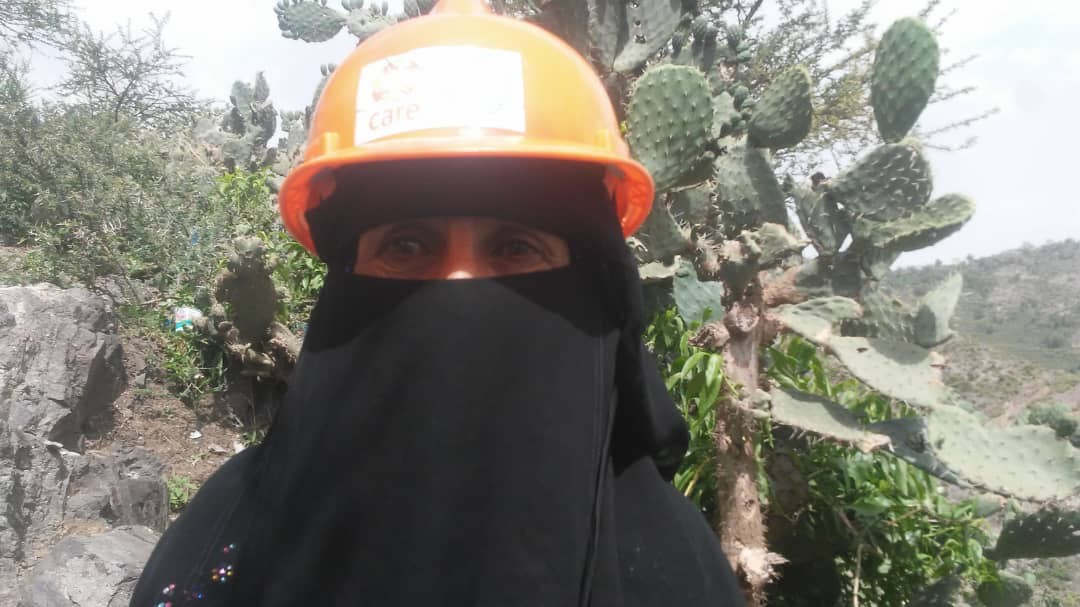The ongoing conflict in Yemen has led to thousands of deaths and the collapse of vital infrastructure like water systems, schools and health facilities. An estimated 17.9 million people need assistance in order to access adequate healthcare, while only half of the health facilities in the country are still fully functional.
Seada is a 54-year-old mother of seven children. She lives in Al Omari village of Ibb governorate in southwestern Yemen. Seada is a farmer, but she couldn’t cultivate her land due to the scarcity of water in her village.
Years ago, Seada witnessed the most tragic event in her life when her son Mohammed who was then 14 years old passed away due to kidney failure. “Mohammed’s health condition was deteriorating,” says Seada as she breathes a heavy sigh. “He had to undergo dialysis treatment three times a week, but many times he missed his dialysis sessions because the dialysis centres were so crowded.”
Like many Yemeni patients who suffer from a lack of medicine and healthcare, Mohammed didn’t receive proper medical treatment. He couldn’t have regular dialysis sessions or a kidney transplant procedure. Eventually, he lost his life at a young age for a treatable disease due to the dire health situation in the country and his family’s poverty.
Seada’s village is one of Yemen’s conflict-affected areas suffering from high poverty and a lack of basic services. The road to the village was extremely dangerous, meaning that residents couldn’t easily obtain food, medicine and other important items, and that patients couldn’t reach the hospital.
“I had to carry my son on my back from home to the health facility three times a week,” Seada continues. “Carrying my 14-year-old son and heavy food items for long distances has caused me a chronic back pain.”
To solve the road dilemma in Al Omari village, with funding from the World Food Programme CARE helped villagers to rehabilitate their road – as well the main well in the village – through its cash for work intervention. Seada and other members of her community received cash for their contributions to the rehabilitation works.
Seada is a strong woman. She worked beside men to rehabilitate the road. “The water well helps in irrigating farms,” she says proudly. “And the money helped me a lot to provide food, medicine and school items for my children. I even paid off part of my debts. Now, people can easily get to hospitals, local markets and the city,” she concludes with a smile.
